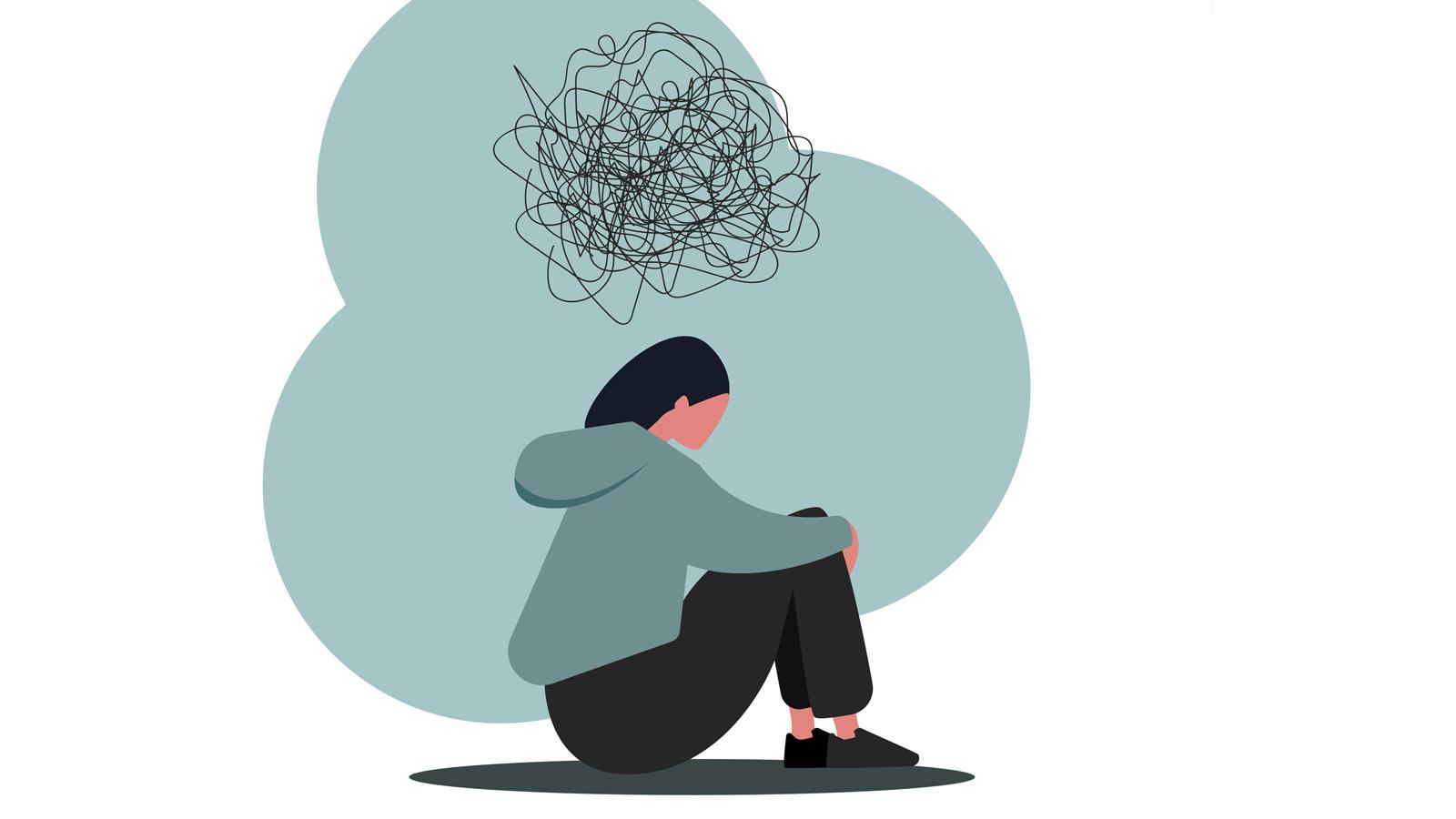One size does not fit all: Why a shift is needed in how we treat depression

Two of the biggest advances in healthcare in the last decade have been the gradual de-stigmatisation of mental health and the increased interest in researching the causes and treatments of conditions like anxiety and depression.
Yet, as society and science have progressed on this front, a new problem has revealed itself: the large number of people living with mental health conditions, like depression, who are not benefitting from existing treatments. According to the World Health Organization (WHO), of the 280 million people globally that have depression, a third live with something called Treatment Resistant Depression (TRD). This is a condition where a person’s depression symptoms do not improve with first and second-line treatment.
Since depression treatments are often aimed towards those seeking first and second-line medication, those living with TRD represent a huge unmet need, but hope is on the horizon. Novel psychedelic treatments are showing enormous promise, with the latest clinical trials and a strong body of growing research indicating just how effective psychedelics could be in the treatment of neuropsychiatric disorders like TRD.
Approximately one in six adults in the UK suffer from depression, and recent events such as the COVID-19 pandemic and the cost-of-living crisis have seen these figures rise. In fact, figures published by WHO show how the COVID-19 pandemic triggered a 25% increase in anxiety and depression worldwide. And, while existing medicines to treat depression work for some, it is sadly not the case for everyone.
At least one in three people living with depression are resistant to currently-available antidepressants, like selective serotonin reuptake inhibitors (SSRIs), and up to 60% of patients discontinue or switch SSRI within 12 weeks due to side effects. This enormous unmet need for more effective treatments is not only having a significant impact on individuals and their families, but also on already struggling healthcare systems around the world.
An important step to tackling a problem like this is awareness and education. Depression is often used in society as a blanket term to describe anything from feeling blue to a clinically diagnosed condition. So, what is depression and, crucially, what is TRD?
Depression - what it is and how it’s treated
The WHO defines depression, or Major Depressive Disorder as it’s also known, as a “persistent sadness and a lack of interest or pleasure in previously rewarding or enjoyable activities,” and also points out that the “effects of depression can be long-lasting or recurrent and can dramatically affect a person’s ability to function and live a rewarding life.”
Currently, one of the most common forms of treatment for depression is a combination of antidepressants (like SSRIs) and cognitive behavioural therapy (CBT). This is a form of talking therapy aimed at helping a person unlearn behaviours that contribute to depression and shift their viewpoint to forge new ways of thinking.
SSRIs and CBT work for many people, but that’s not the case for individuals suffering from TRD. As the name implies, TRD is a form of depression where the individual sees little or no benefit from conventional approaches. Specifically, TRD is diagnosed when two or more different antidepressant therapies have been ineffective and it occurs in up to a third of people suffering with Major Depressive Disorder (MDD).
Synthetic psychedelic compounds are offering hope for those in need
While conventional therapies like CBT and SSRIs have been tailored towards MDD, they haven’t been developed for those suffering from TRD. But psychedelic treatments could help serve that unmet need.
It is believed that psychedelic agents work by affecting a brain network called the Default Mode Network (DMN) and inducing a window of neuroplasticity that allows the brain to form new connections. The DMN connects areas of the brain that are responsible for memory, planning, self-reflection, and learning. When the DMN is dysfunctional, it can result in a repetitive focus on negative thoughts - the preoccupation or rumination typical of a major depressive episode. Activity in the DMN decreases when on psychedelics, which, in a therapeutic setting, can create the space to establish new patterns of thinking.
The science around psychedelics and depression is exciting, cutting-edge, and evolving. A 2022 study by the Centre for Psychedelic Research at Imperial College London found that psilocybin (a naturally occurring psychedelic found in some fungi) increased brain connectivity in people with depression, while researchers at Johns Hopkins found long-lasting antidepressant effects of psilocybin-assisted therapy in patients with depression.
This is why Beckley Psytech is forging ahead with its synthetic 5-MeO-DMT candidate, BPL-003. 5-MeO-DMT, also called Mebufotenin, is a naturally occurring psychedelic compound that is found in some plants and the secretions of certain species of toads, such as the Colorado River toad. The company is developing a novel formulation of the compound for TRD, having initiated a Phase IIa study at King’s College London and Hammersmith Medicines Research earlier this year. The Phase IIa trial will explore the safety, efficacy, and pharmacokinetics of a single dose of BPL-003, in combination with psychological support, in patients with TRD with moderate to severe symptoms who are not taking concomitant antidepressants.
Next steps
Developments in the field are closing in on a place where psychedelic compounds could enter the market as viable treatments for conditions like depression. From July, Australia will allow approved psychiatrists to prescribe MDMA for post-traumatic stress disorder and psilocybin for TRD. And, in the US, we could see psychedelic therapies being prescribed to treat PTSD and depression by 2024.
The science exists. Now, we need the infrastructure to ensure these treatments can be delivered to the people that need them most in an affordable, equitable, and scalable way. This is a conversation that involves everyone - including patients, clinicians, payers, regulators, industry, and academia - and covers everything from reimbursement and rescheduling to delivery and access. Collaboration is key to all of this: the necessary changes can only be made if the private and public sectors work together. If they do, help could be on the horizon for millions.













